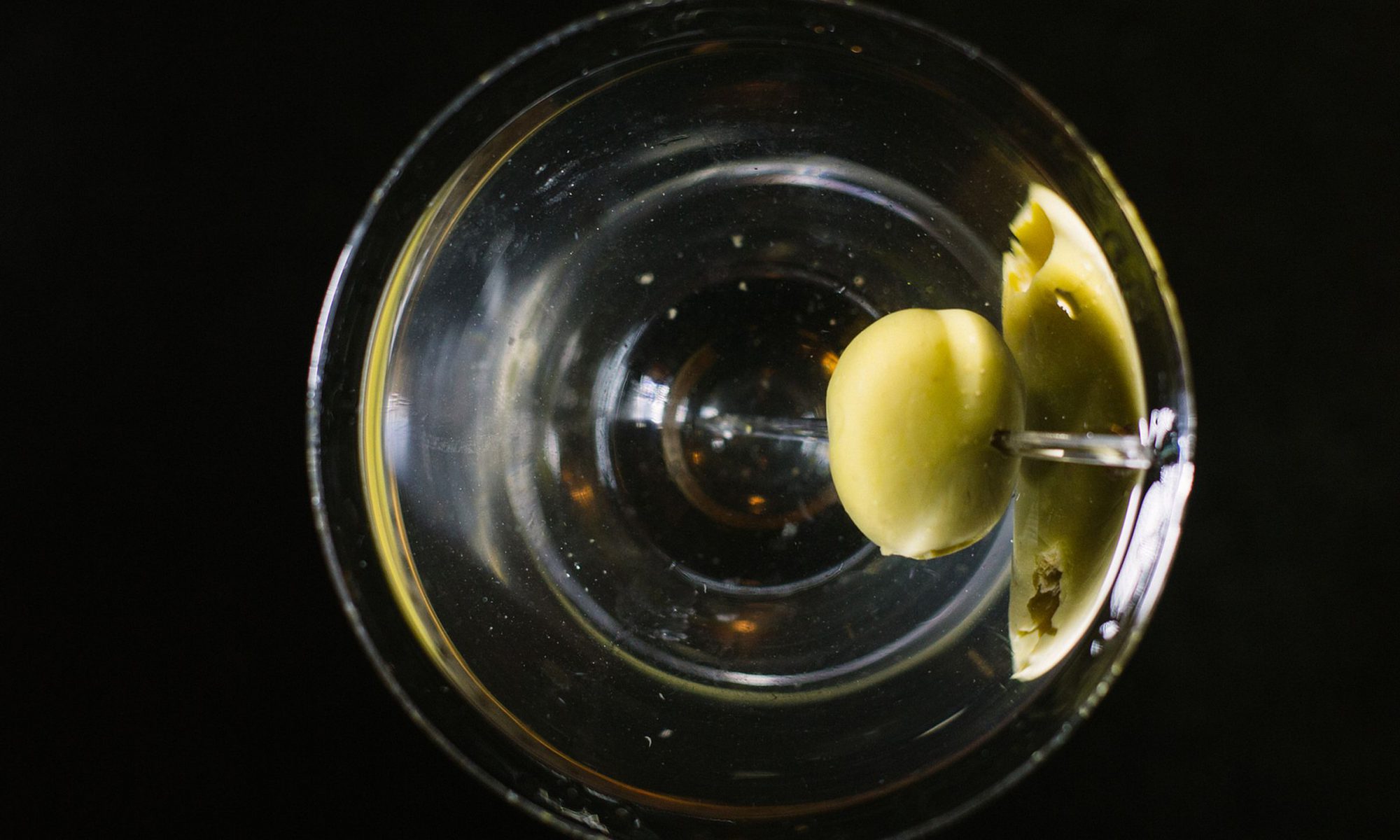
So famous is Ernst Hemingway’s passion for a good drink that Philip Greene wrote a book about it , which explores Papa’s drinking habits and the drinks that appear into his books. Hemingway loved martinis and created his own version called “The Montgomery”, named after Sir Bernard Law Montgomery, the British general who would not go into battle unless he outnumbered his opposition by 15 to 1, the ratio of gin to vermouth that Hemingway used in his martinis.

Hemingway – who in his maturity years engaged with cocktail-making with an alchemical precision – had his way to fix a Martini: freezing the glass beforehand so it stuck to the palm, sliding in “just enough Vermouth to cover the bottom of the glass” and topping up with gin. The recommended garnish were Spanish cocktail onions, very crisp and 15 degrees below zero. Finally, Papa’s trick to get his cocktails icy-cold is not known to many: freezing water in tennis ball tubes to make massive ice cylinders.


I was under the impression that the first martinis were made with sweet vermouth and a gin called Old Tom. A dry martini was dry not because of today’s practice of a low ratio of vermouth to gin but the introduction of dry vermouth as opposed to sweet. The whole thing about waving vermouth over the gin came later. But I could be mistaken.
For what it’s worth my martini preference is 3 parts gin (a nice London dry) to 2 parts dry vermouth. I want to taste the aromatic. If I want a cold gin I’ll just pour one, but that’s not a martini.
Stirred not shaken ( ever ever). Sorry 007 but a martini is never shaken. It makes it cloudy and I believe messes with the delicacy of the vermouth. I don’t shake my Manhattan either for that matter. Why would I do that? All ingredients are cold and stirred in a cold vessel with large cube ice and strained in a classic martini glass (also cold). An expression and twist of lemon. No olives and no brine. On rare occasions I have dropped a dash of orange bitters
For me a martini is, by definition, made with gin (sorry again 007; not vodka). Best cocktail on the planet. My second choice of cocktail is a perfect Manhattan made with Rye Whiskey.
Love your website.
Cheers and happy holidays.
Hello Robert and thanks for the comment, I see we have very similar tastes. I normally do 5 parts gin to 1 vermouth, but often I move towards 3 to 1 when, as you say, I want to taste the aromatic of vermouth. That also depends on the gin I am using, but that opens an endless discussion 🙂
Indeed it seems that the substitution of Old Tom with London Dry and of sweet vermouth with dry vermouth was the moment where the concept of “dry” close to the name martini appeared first, you are right. Well, actually a martini with Old Tom and sweet vermouth, that I tried in a bar in New Orleans, has a completely different taste, so I would even say that the ancestors of the Martini Cocktail (like the Martinez) are indeed something different.
We should have this debate drinking a few martinis!
Cheers,
Fabio
Hello Fabio,
Thank you very much for your respectful reply. My experiences with the “martini crowd” has provided some of my fondest memories. Some have been in my home or the homes of my close friends, some in high-end cocktail lounges (The Savoy Hotel London comes to mind) and on one memorable occasion, a superb martini in what one would classify as a dive bar (name withheld to protect the innocent).
Today I was reading volume one of Norman Sherry’s The Life of Graham Greene and mention was made of his classic martini. Nonetheless I had to immediately research his concoction:
2 ounces gin.
— 1/2 ounce dry vermouth.
— Splash of Crème de cassis
The avid follower of Graham Greene I am I’ll have to give that a go.
I’ve always believed the best martini or any other cocktail is the one you like. That’s the beauty of mixology. For me the best martini at the end of the day is the one you share with friends. It would be my pleasure to toast one with you one day.
Cheers and warm regards. Please stay safe and well in this crazy world we find ourselves.
Truly yours,
Robert